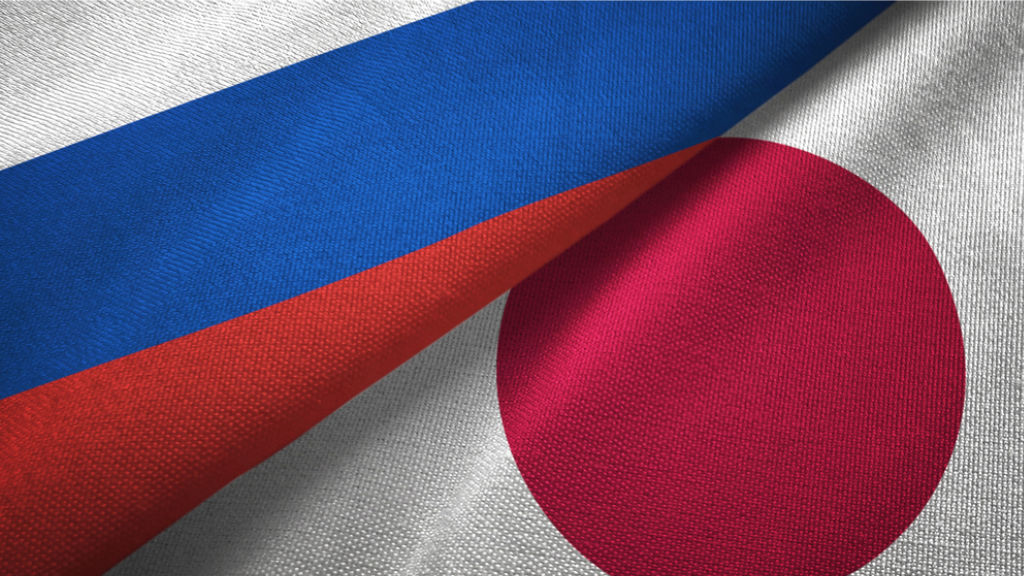The practical difficulties of imposing sanctions upon Russia on an economy are adequately shown in Russia’s 2024 bilateral trade data with Japan, which has declined by 15.9% during 2024. However, a closer look at the data reveals that the trade damage inflicted has been on Japanese products – its exports to Russia were down 22.2%, while Russian exports to Japan increased by 11.3%.
The total bilateral trade turnover stood at ¥99.784 billion (₽68 billion, or US$650 million).
Conversely, there are some trends within this data that show movements in the opposite directions: 70% of all Japanese exports to Russia are cars, and these exports to Russia were up 7.3%. However Japanese exports in practically every other commodity have been eliminated and replaced by alternatives, mainly from China. Chinese packaging on previously Japanese products, such as cosmetics sold to Russia has now taken their inspiration from the original Japanese marketing.
Japan however has reduced its overall purchase of Russian liquefied natural gas (down by 26.9%) and coal (down by 56.7%), which accounted for over 65% of all Japanese imports from Russia, and this drop has accounted for much of the 2024 overall trade decline. The pro-sanctions regime in Japan will be satisfied with this outcome, however it may be a pyrrhic victory. Electricity costs are now at a peak high of ¥15 per kilowatt-hour, and the country has not been able to recover yet from covid-era highs. Longer term, however, Japan is relatively well advanced in renewables, but the transition away from Russian energy will still prove bumpy. China, with a rather more competitive workforce and lower productivity costs, will be assessing, along with Russia, how to exploit these differences.
Russia-Japan bilateral trade has declined over 90% since 2022 as a result of sanctions, from a 2021 base of US$17 billion. But with Russia’s trade with China increasing by over US$100 billion since then, what has been occurring is an east Asia supply chain shift, rather than a decrease in trade impacting the Russian economy per se.

 Русский
Русский













